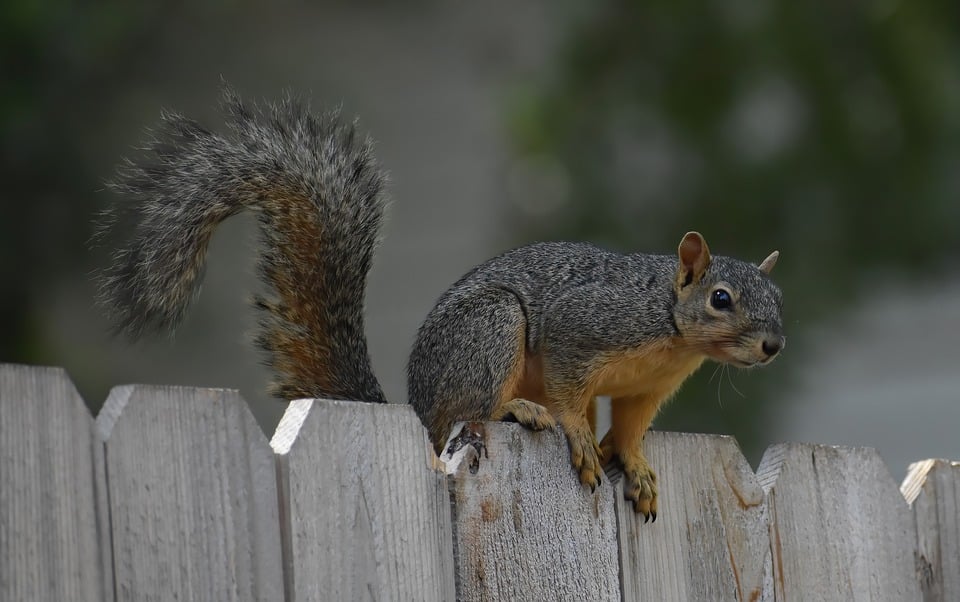Welcome to an exploration of the enigmatic world of ancient superstitions, where beliefs and practices that have persisted for centuries continue to intrigue and captivate us. In this article, we will delve deep into the historical origins, current manifestations, and future implications of these age-old customs. Join us on a journey to uncover the truth behind the mysteries that have shaped human behavior and culture for generations.
The Historical Context of Ancient Superstitions
Ancient superstitions have their roots in a time when the forces of nature were not fully understood, and people sought to make sense of the world around them. These superstitions often revolved around natural phenomena, such as eclipses, comets, and earthquakes, which were seen as harbingers of doom or signs of divine intervention.
- Belief in the evil eye: Many cultures believed that envy could cause harm to others, leading to the development of protective talismans and amulets.
- Fear of black cats: In medieval Europe, black cats were associated with witchcraft and considered bad luck, leading to their persecution during the witch trials.
While many ancient superstitions have faded into obscurity, some continue to influence modern-day beliefs and practices.
The Current State of Ancient Superstitions
Despite advances in science and technology, many people still hold onto ancient superstitions, finding comfort and reassurance in familiar customs and rituals. From the belief in lucky charms to the avoidance of certain numbers or colors, superstitions continue to play a significant role in various aspects of daily life.
One notable example is the practice of Feng Shui, a Chinese system of beliefs and customs that govern the spatial arrangement and orientation of buildings to promote harmony and flow of energy.
Case Study: Feng Shui in Modern Architecture
In recent years, architects and interior designers have incorporated principles of Feng Shui into their designs, creating spaces that are believed to enhance well-being and prosperity. From the positioning of furniture to the use of specific materials, Feng Shui has become a popular trend in the design industry.
The Future of Ancient Superstitions
As society continues to evolve, the relevance and influence of ancient superstitions may shift, adapting to new cultural norms and scientific discoveries. While some superstitions may fade away over time, others may persist and even experience a resurgence in popularity.
Expert Insights on the Evolution of Superstitions
According to Dr. Sarah Johnson, a renowned anthropologist specializing in belief systems, superstitions serve a fundamental psychological need for control and predictability in an uncertain world. As long as humans seek comfort and meaning in their lives, superstitions will continue to hold a significant place in society.
Conclusion
In conclusion, ancient superstitions offer a fascinating glimpse into the human psyche and the ways in which we interpret and navigate the world around us. While some may dismiss them as mere relics of the past, superstitions continue to shape our beliefs, behaviors, and cultural practices in profound ways.
Thank you for joining us on this exploration of ancient superstitions. We hope this article has sparked your curiosity and encouraged you to delve deeper into the rich tapestry of human belief systems. For further reading on this topic, we recommend exploring the works of leading scholars and researchers in the field of anthropology and cultural studies.
